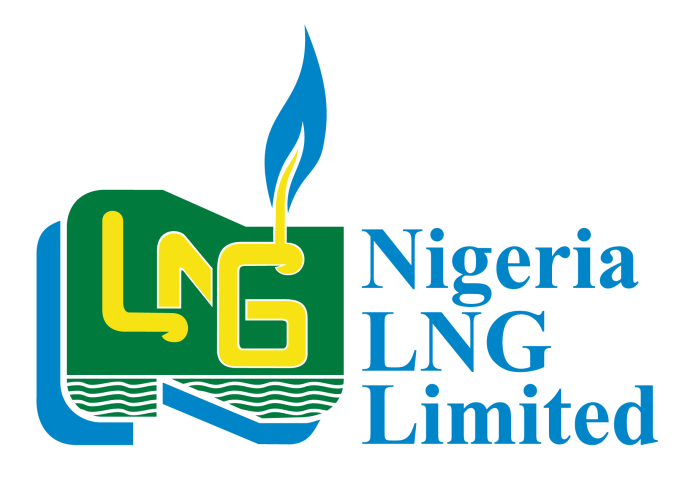. insists that Marketers fail to offtake 450,000MT of cooking gas amid demand, price hike
UGO AMADI AND CHIAMAKA MBONU
Nigeria LNG Limited (NLNG) has reiterated its commitment in ensuring adequate supply of Liquefied Petroleum Gas (LPG), otherwise known as cooking gas in the nations , as lack of infrastructure has compelled it to deploy Butane to help to bridge the domestic demand gap.
Giving a vivid account of the LPG industry in the country, NLNG affirmed that despite growing demand for Liquefied Petroleum Gas (LPG), marketers were unable to offtake the 450,000MTPA allocated to the Nigerian market by the company due to various factors.
According to the NLNG, the country’s LPG production remains undermined by the lack of refineries, forcing the company to deploy Butane to help to bridge the domestic demand gap.
Of the 450,000MT allocated to the domestic market by the NLNG, only about 375,000MT was procured by the gas marketers in 2020, according to data shared by the firm.
With the completion of its Train 7 project, the NLNG added that it would be able to increase its production capacity by 35 per cent, thereby supporting domestic market needs.
LPG price has continued to soar on the backdrop of the rapid devaluation of the naira, and other economic indices despite the country sitting on a 206 trillion standard cubic feet of gas, as well as the government’s proclamation of domestic consumption.
The NLNG, had in an earlier statement, said it recently increased the volume of its yearly commitment to the market from 350,000 metric tonnes to 450,000 MT, which, according to the company, is about 100 per cent of its butane production.
Marketing Manager, NLNG, Austin Ogbogbo, during an interactive session with journalists reiterated that the NLNG was not responsible for the supply shortfall of LPG, also known as cooking gas and the consequent price hike across the country.
According to him, the inability of the marketers to offtake the LPG was due to logistics and infrastructure challenges as well as other factors in the industry.
The NLNG had earlier stated that its current maximum Butane production can only meet about 40 per cent of the domestic market demand.
According to the company, in order to achieve its aspiration for domestic supply, a dedicated 13,000MT vessel, LPG Alfred Temile, delivers the product to the market through Lagos and Port Harcourt terminals.
It said, “The vessel’s delivery to these terminals are occasionally hampered by challenges at the terminal, including storage capacity, terminal access, draft restrictions and prioritisation of other products over LPG.”
He said the balance was supplied by other domestic producers or via imports because NLNG’s production alone was not sufficient.
Ogbogbo said the company was also working to supply LNG to the domestic market from 2022 to boost power supply and industrial development across the country.
Responding to questions on flared gas, Ogbogbo said: “NLNG does not flare gas, we are out to help eliminate gas flares but sometimes, you see our systems emit flares, these are occasional flares which happens when we want to shutdown and free the movement of natural gas and the only way to achieve that, is disposition of flares because you cannot put hydrocarbons into the environment, otherwise it will be affecting the Ozone layer”.
Earlier, the Productions Division of Supply and Pipeline in charge of Bonny, Rivers State, Lateef Biobaku, disclosed that NLNG was primarily an export company that produces 22 MTPA of Liquefied Natural Gas (LNG) and five MTPA of Natural Gas Liquids (NGLs), adding that Train 7 will improve the firm’s production capacity and domestic market intervention.
Similarly, the Manager, Corporate Communications and Public Affairs, Mrs. Sophia Horsefall, said NLNG remains committed to making more gas available to Nigerians.

























